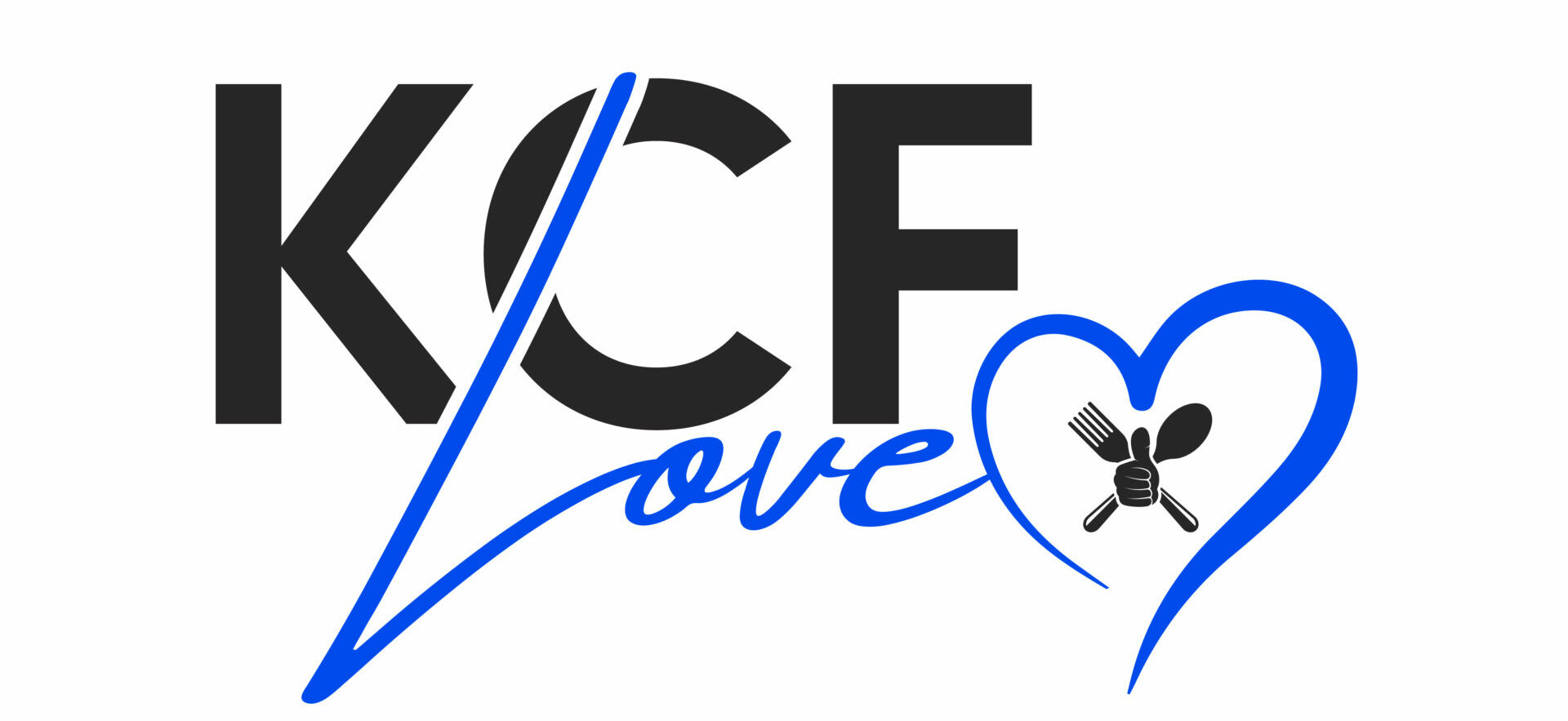Thank you for reading this post, don't forget to subscribe!
Some links may be sponsored and help generate operating funds for this website.
Nothing on this site is intended as medical advice. Work with healthcare professionals for optimal health.
A lot of keto advocates talk about gaining weight because they suffered from carbohydrate cravings. They often attribute success to a decrease in their urge to consume sugary or starchy food. Some medical sources back up the idea that overeating isn’t simply a matter of discipline.
Do Some People Suffer From Carbohydrate Cravings (or Just Think So?)
As a brief summary of a general theory behind carb addictions, doctors on MedicineNet suggest that eating carb-heavy food triggers the release of a pleasure hormone, serotonin, which in turn, trains people to desire more carbohydrates. They also cited sources that have demonstrated people tend to consume more carbs when they’re suffering from anxiety, depression, or stress.
This description certainly makes high-sugar foods seem like a drug, and a craving for the same feel like a drug addiction. A study from Rush Medical School gathered relatively young women who believed they suffered from carbohydrate cravings. This population all had BMIs that fell in the overweight (not obese) range and fit other study criteria.
The study looked at preferences for a carb-heavy drink over a protein-rich drink as a snack after experiencing content aimed at depressing their mood. The researchers did indeed demonstrate that the participants would choose carbohydrates to self-medicate for antidepressant affects. They also noted a significant difference between mood changes after consuming the carb- and protein-rich beverages.
Can a Low-Carb Diet Cure Carbohydrate Cravings?
It makes sense to observe that high-sugar or starch foods appear to trigger the release of feel-good chemicals in the brain. Lots of folks might unconsciously turn to chips or chocolate, not because they’re hungry, but because they’re seeking relief from stress, anxiety, and depression. It works, but it doesn’t work for long, and the experience appears to reward seeking even more of these foods for the next fix.
If this appears to describe your reaction to sugar- and starch-laden foods, you may enjoy freedom from carbohydrate cravings by adhering to the following strategies:
- Work on non-food methods to control your mood: Some strategies might include physical activity, meditation, and exposure to sunshine. In some cases, you may receive help from professional therapists, doctors, and other health professionals.
- Restrict carbohydrates: Many keto and low-carb dieters say the first week or two of their transition is the toughest. After they become adapted to a low-carb diet, they often credit it with reducing or eliminating carbohydrate addiction. For tips to ease the transition, look at tips for overcoming the dreaded keto flu. Speak with your doctor about how your diet may impact pre-existing health conditions.
- Include protein and healthy fats: Your body and brain need adequate fuel and supplies for maintenance and optimal performance. Make sure you account for protein and healthy fats in your calculation. Our free keto macros calculator can offer you a good starting place to estimate calories, protein, and fat you should consume each day.
- Stay hydrated: Lots of times, people mistake thirst for hunger and fatigue. No-sugar beverages along with electrolytes often offers a rapid rescue.
Are Carbohydrate Cravings Real?
Research strongly suggests that lots of folks do turn to high-carbohydrate foods to self-medicate against mood issues. Sadly, this tendency strongly mirrors other addictions, and these people tend to question these eating habits when they gain weight or get diagnosed with high blood sugar and other physical problems.
The spike in feel-good hormones never lasts long, and in the end, it can cause even worse dependence on sugar and a host of physical and mental issues. If you think you suffer from a carb addiction, you might. Your solution can rest in curbing carbs, relying on other methods to support your mood, and feeding your body what it needs to thrive.
The transition to a low-carb lifestyle can offer a challenge. Rely on both online and in-person support for the help you need to succeed.

